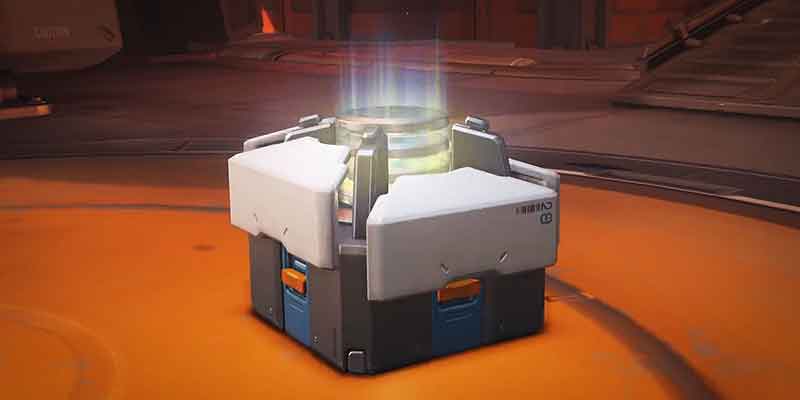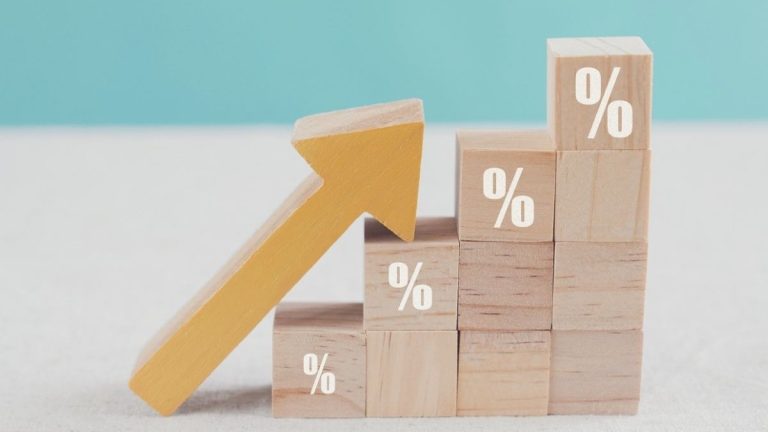Irish Govt. Backs Down from Labelling Loot Boxes as Gambling

Ever since last year’s Star Wars: Battlefront II loot box fiasco, a number of governments have been looking into regulatory and legislative measures that would classify video game loot boxes as a form of gambling. One country that was seemingly headed to that direction was Ireland – it joined 15 other countries in signing a declaration that was against skins gambling and loot boxes – but, as it turns out, its government is shying away from labeling loot boxes as a form of gambling.
According to Irish Legal News, last week, David Stanton, the Ireland Department of Justice Minister of State, told the Irish Senate that the department did not have the mandate to meddle in what video game developers have been doing with their gaming products. This is despite the fact that the Irish government is in the process of making major amendments to the country’s gambling laws, a move that will even include the establishment of an independent regulatory authority for the gambling industry.
“Where a game offers the possibility of placing a bet or the taking of risk for financial reward within the game, then, in my view it must be licensed as a gambling product. To offer gambling products in Ireland, a license is required under the Betting Acts 1931-2015 or the Gaming and Lotteries Act 1956. The Revenue Commissioners are the primary responsible licensing authority under both Acts, with some involvement of the Minister for Justice and Equality,” Mr. Stanton said. “However, it should be understood, that if a game offers in-game purchases – be they loot boxes, skins, etc. – which are promoted to gamers as increasing their chances of success, such purchases are essentially a commercial or e-commerce activity. This activity would fall within normal consumer law.”
Is It That Bad?
On September 17, the Gambling Regulators European Forum released a joint statement that was signed by regulators from 15 countries, including Ireland. The statement primarily expressed concerns that the prize systems that were in place in a number of high-profile video games are tantamount to gambling.
Other than raising concerns, the forum also revealed plans to continue raising awareness so that parents and guardians can better identify instances where their children’s video games are promoting what could be seen as gambling.
Leading the charges against loot boxes have been Netherlands and Belgium – in fact, loot boxes were declared illegal in both countries back in April. This came after an investigation of “FIFA 18”, “Counter-Strike: Global Offensive” and “Overwatch” all of which were found to have violated Belgium’s Gaming Commission’s gambling laws. However, in other jurisdiction, loot boxes are still featured prominently in a number of high-profile video games which means that what will happen to them still remains to be seen especially because they have been stirring a lot of debate regarding their legality and closeness to gambling.



